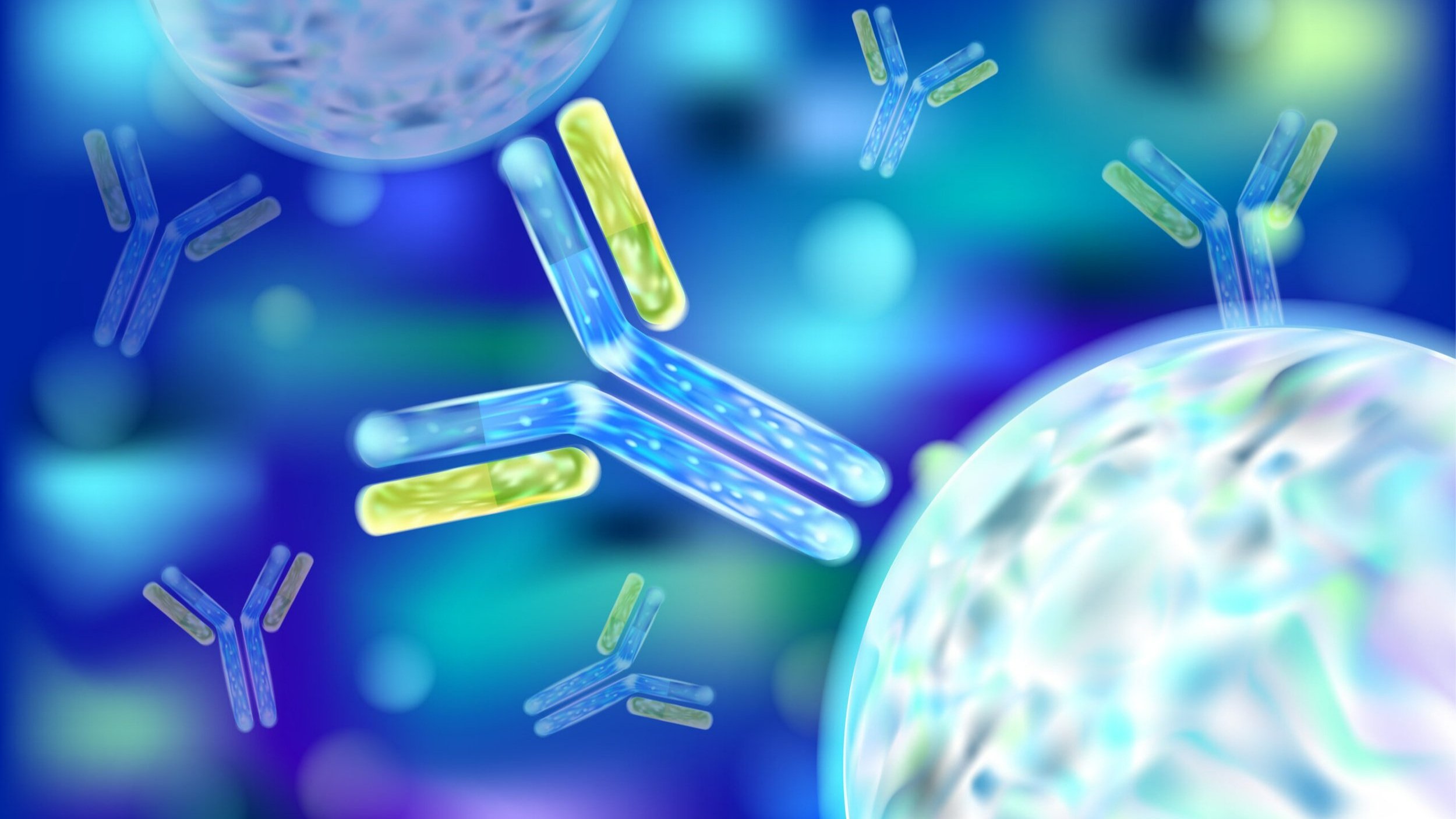Patients diagnosed with long Covid experience prolonged symptoms even after they've recovered from their initial infection. Researchers who looked at the loss of smell in long Covid patients found that the patients' immune cells were active in the nose even after the virus was no longer present.
“The findings are striking. It’s almost resembling a sort of autoimmune-like process in the nose.”
The scientists in this case took biopsies from participants' noses and analyzed the cells in the samples. They found a large amount of T cells (a type of white blood cell) and ongoing inflammation in the tissues, despite not finding any detectable Covid RNA or protein. Moreover, scientists found a reduced amount of sensory neurons in patients with loss of smell. They concluded that continued immune response and inflammation in the nose may be causing damage to the olfactory epithelial cells, including the sensory neurons, leading to loss of smell.
This is a first step in connecting symptoms of long Covid to autoimmune responses in the body. With this, scientists can expand their research to focus on the immune mechanisms at play for other symptoms of long Covid, like fatigue, shortness of breath, and brain fog. If scientists can unlock the immuno-inflammatory mechanisms at play for these symptoms, they can potentially benefit millions of long Covid and other autoimmune disease patients, who suffer from the same debilitating symptoms.
At the Autoimmune Registry, we collect data on all autoimmune diseases, including long Covid, chronic fatigue syndrome, and fibromyalgia. We believe that by looking at the diseases collectively we can find solutions that benefit more patients. Join the Registry or share our information on social media! Donations are also greatly appreciated.













